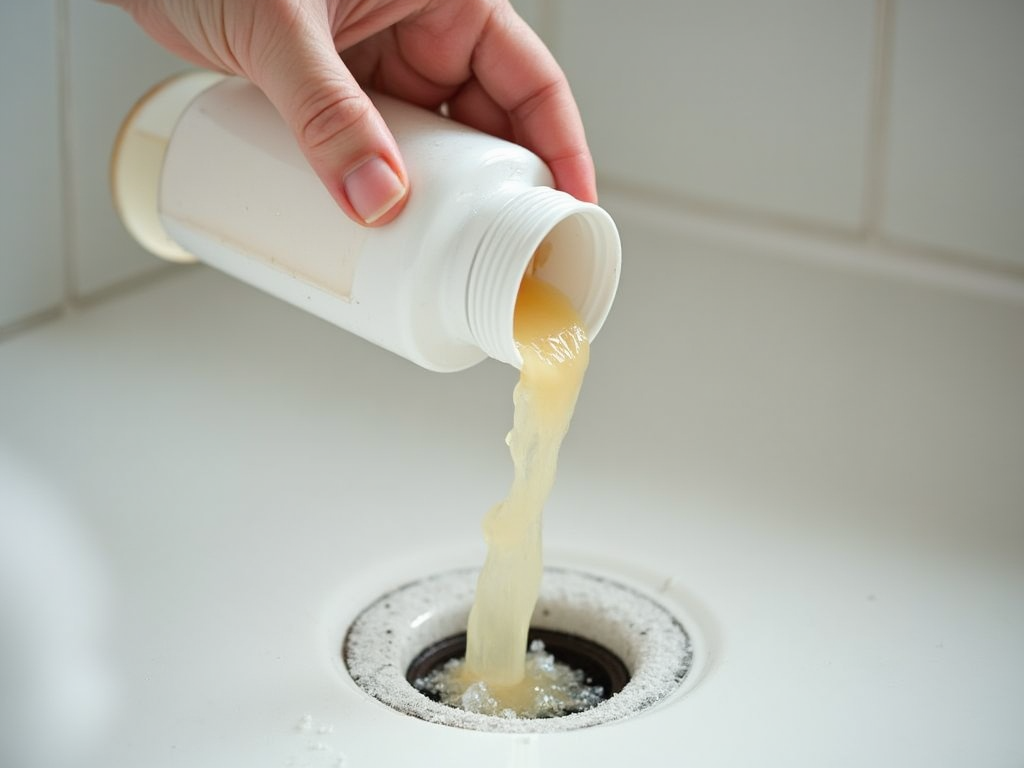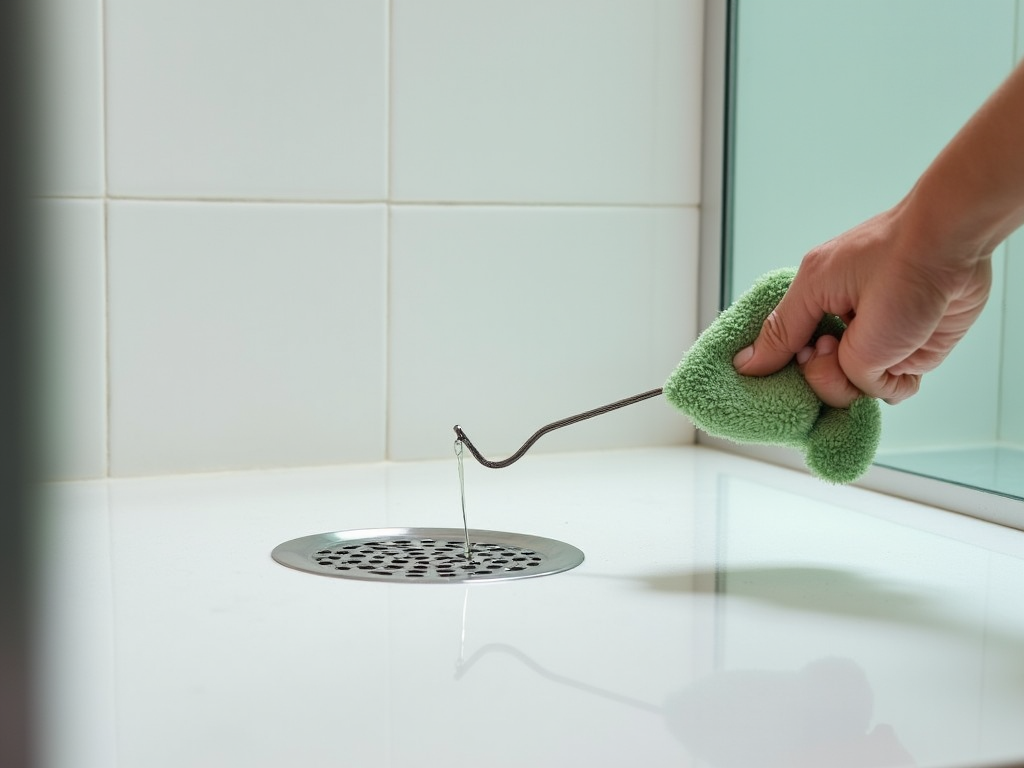Maintaining a clean shower drain is essential for preventing unpleasant odors and ensuring efficient draining. Regular cleaning not only enhances hygiene but also helps in averting potential plumbing issues. This guide delves into effective methods to keep your shower drain clean, while also sharing tips to prevent smells from becoming overwhelming. With a few simple steps, you can enjoy a fresh bathroom experience.
Why Regular Cleaning is Important

Regular cleaning of your shower drain is crucial for a few key reasons. Firstly, it prevents the buildup of hair, soap scum, and other debris that can clog the drain. These clogs can cause slow draining water, which may lead to standing water in your shower, promoting mold and mildew growth. Secondly, the decomposition of trapped organic matter can lead to unpleasant smells that can permeate your bathroom. Routine cleaning ensures a free-flowing drain and keeps odors at bay.
Additionally, regular maintenance helps in extending the lifespan of your plumbing. Blockages can put undue stress on your pipes and fittings, which may result in leaks or bursts over time. By taking proactive steps to clean your drain, you’re protecting both your bathroom’s functionality and your wallet. Remember, it’s easier (and cheaper) to prevent problems than to fix them once they occur.
Simple Steps to Clean Your Shower Drain

Cleaning your shower drain doesn’t have to be a daunting task. Here are some simple steps to follow:
- Remove and Clean the Drain Cover: Carefully lift or unscrew the drain cover. Soak it in warm, soapy water to remove any grime or soap scum. Use an old toothbrush for stubborn dirt.
- Clear Debris: Use a wire hook or a specialized drain snake to remove any hair and debris lodged in the drain. Be thorough to ensure no obstructions remain.
- Baking Soda and Vinegar Method: Pour one cup of baking soda followed by one cup of vinegar down the drain. Allow it to fizz and sit for 15-20 minutes, then rinse with hot water.
- Flush with Boiling Water: To clear any remaining residue, slowly pour boiling water down the drain. This helps dissolve any remaining buildup.
- Replace the Drain Cover: Once clean, securely replace the drain cover back in its position.
Following these steps regularly can significantly reduce the chances of clogs and smells, keeping your shower operating efficiently.
Preventing Smells from Occurring
To prevent odors from developing in your shower drain, a combination of natural and chemical solutions can be used. Natural solutions like baking soda and vinegar are effective in both cleaning and deodorizing. Simply using the baking soda and vinegar method monthly maintains a fresh smell and clean drain. For those who prefer chemical cleaners, there are numerous enzymatic or bleach-based products designed specifically for drains.
In addition to these solutions, consider keeping the bathroom ventilated to reduce humidity, which can exacerbate smells. An exhaust fan or opening a window can aid in reducing moisture levels, further preventing mildew or mold. Moreover, running hot water for a few minutes each week can help prevent grime accumulation, reducing the chances of odors.
Regular Maintenance Tips for a Clean Drain
Regular maintenance ensures your shower drain stays clean and odor-free. Start by implementing a routine of weekly swift checks and cleaning actions. Use a shower hair catcher or strainer to prevent clogs by trapping hair and debris before they reach the drain. These simple tools are affordable, easy to install, and can significantly reduce the need for extensive cleaning.
Further, avoid disposing of unsuitable items down the shower drain, such as creams or oils, which can solidify and lead to blockages. Being mindful of what enters the drain, coupled with regular cleaning efforts, can dramatically enhance your bathroom environment. If you start noticing persistent drainage issues or smells despite regular maintenance, it might be time to seek professional assistance.
Conclusion
Keeping a shower drain clean and odor-free is a matter of regular maintenance combined with immediate remedial actions when required. Simple steps using household items can make a significant difference in the cleanliness of your bathroom. By understanding the importance of preventing clogs and odors, you protect both your family’s health and your home’s plumbing system. With the right routine, you can enjoy a fresh, functional shower every day.
Frequently Asked Questions
1. How often should I clean my shower drain?
It’s recommended to clean your shower drain at least once a month to prevent buildup and odors. Regular maintenance can help avoid more severe clogs and plumbing issues.
2. Can I use bleach to clean my shower drain?
Yes, you can use bleach to clean your shower drain. However, it’s crucial to use it cautiously and sparingly, as frequent use can damage your pipes. Consider natural alternatives like baking soda and vinegar for regular cleaning.
3. What do I do if my shower drain is still smelly after cleaning?
If your drain is still smelly after cleaning, try flushing it with boiling water. Persistent smells might indicate a deeper issue, so consider contacting a plumber if the problem continues.
4. Are chemical drain cleaners safe?
Chemical drain cleaners can be effective, but they can also be harsh on your pipes and the environment. Use them cautiously and follow the manufacturer’s instructions carefully. Consider using enzymatic cleaners as a gentler alternative.
5. Why is my shower drain always clogging?
Frequent clogs may result from hair, soap scum, or improper items entering the drain. Consider using a hair catcher and regular cleaning techniques to prevent buildup and ensure seamless drainage.



